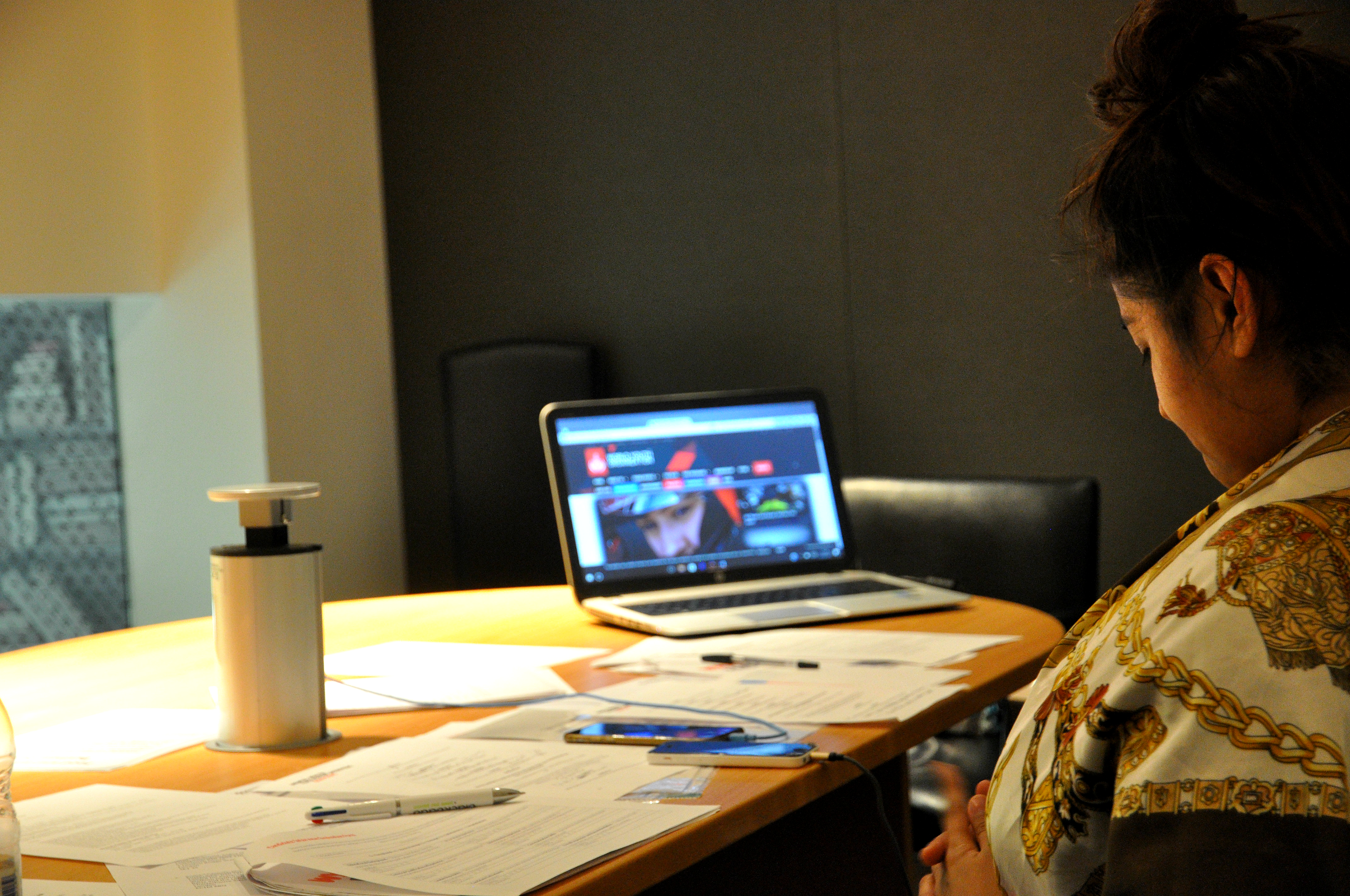Globally, there is a lot going on, and it’s natural to feel a mix of emotions during such unsettling times. As the Clinical Lead of Mind of the Student, I want to reach out to those of you that may be struggling to understand and emotionally cope with the realities of conflict and war. During all of this, developing strategies to prioritise your mental health is incredibly important:
1. Recognise your feelings
It’s okay to feel scared, confused, or upset. Acknowledging these emotions is the first step towards coping with them, and can help you process them. You might want to write down your thoughts and feelings, which can provide a healthy outlet for expressing what you’re going through.
2. Stay informed, but set boundaries
Staying informed is important, but too much exposure to distressing news can overwhelm you. Balance staying updated with protecting your mental health. You might want to set specific times for checking the news, maybe unfollow certain people on social media, or maybe avoid the news right before bed. Also, make sure you try and stick to trustworthy news sources to avoid misinformation, which can increase anxiety.
3. Connect with others
Sharing your feelings with friends, family, or a trusted adult can provide comfort and support and help you feel less isolated.
4. Practice self-care
Taking care of your physical and mental health is crucial during stressful times. Do you have a routine? Because routines can provide a sense of normalcy and control. How about hobbies? Doing things you enjoy can be a great distraction and mood booster; for example, exercise is often really effective for reducing stress and improving mood.
5. Focus on what you can control
As hard as this might be to accept, there is a lot in this world that we are not in control of. Yes, it’s easy to feel powerless, but shifting some of your focus to things within your control can help mitigate feelings of helplessness. For example, achieving small, daily goals can create a sense of accomplishment. How about volunteering? This process of helping others, even in small ways, can provide a sense of purpose and agency.
6. Educate yourself
Understanding the context of a conflict can sometimes alleviate fear of the unknown. For example, learning about the history and causes can provide a broader perspective and may reduce anxiety about the situation. It may also be helpful to discuss with knowledgeable adults.
7. Practice mindfulness and relaxation methods
Mindfulness practices can help you stay grounded and calm. Why not spend a few minutes each day focusing on your breath and calming your mind? Deep breathing exercises can reduce feelings of stress and anxiety.
Lastly, remember that you are not alone. If you’re finding it hard to cope, it’s important to seek help. Speaking to mental health professionals can provide you with strategies and support to help you manage your feelings. There are numerous helplines available that offer support and guidance. The team at Mind of the Student team is always on hand too.





